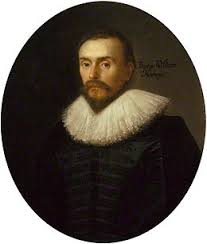
Truth in Martial Arts
June 19, 2018

“True philosophers who are burning with love for truth and learning never see themselves . . . as wise
men, brim-full of knowledge . . . For most of them would admit that even the very greatest number of
things of which we know is only equal to, the very smallest fraction of things of which we are ignorant.
Nor are these philosophers so addicted to any kind of tradition or doctrine that they suffer themselves
to become their slaves, and thus lose their liberty.”
William Harvey, English Physician
One of the reasons I study Wing Chun and honor the system is because of its clear logic and scientific rigor. While they may not have called it the scientific method when they were developing it in China, by the time it reached us in the West, after passing through the hands of Western-educated Ip Man and Western-boxing enthusiast Wong Shun Leung, it had been subjected to a great deal of filtering and design modifications which fit very well with what we call the “scientific method.” My observation is that the most successful practitioners of this art are the ones that hew most closely to these ideas, which include testing hypotheses and practicing skepticism. I’ve found looking at the system through this lens has helped me achieve more and more clarity.
I appreciate those teachers who have followed Harvey’s definition of “true philosophers,” who never see themselves as complete, who understand the many things they don’t know, and who stay free through their skepticism and constant condition of student. Certainty in martial arts is stagnation in my opinion. We have theories which are in need of constant validation and which need to always prove themselves true for today.